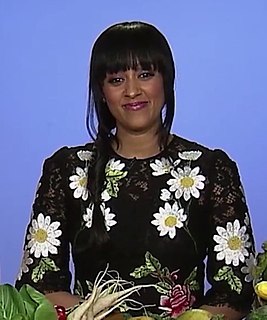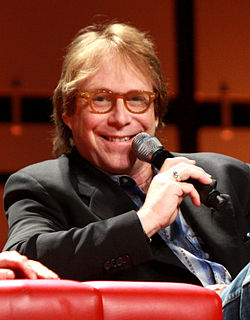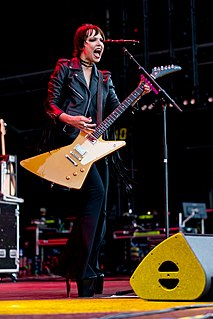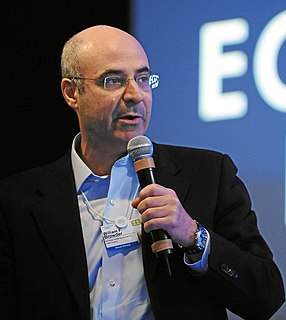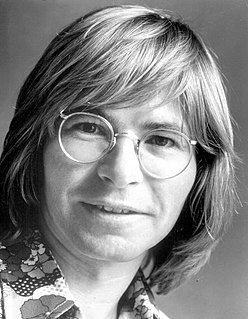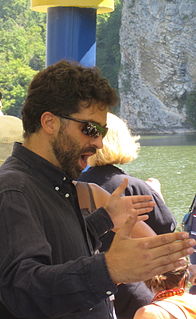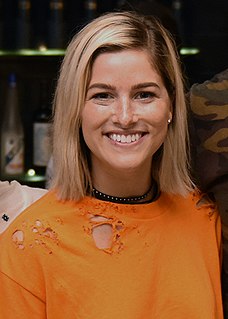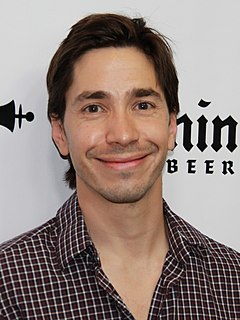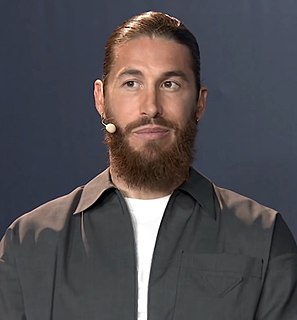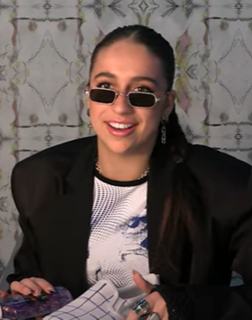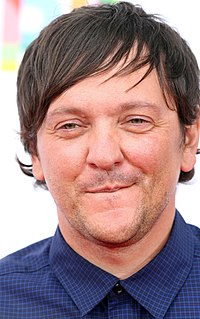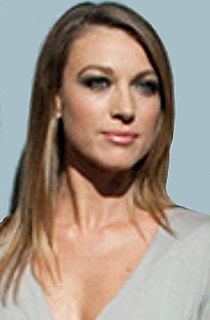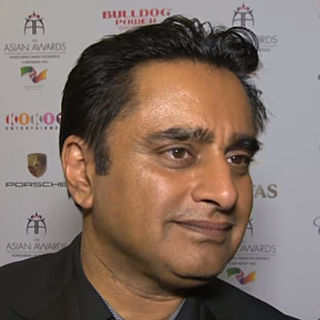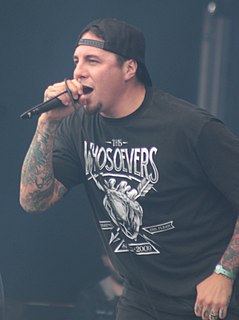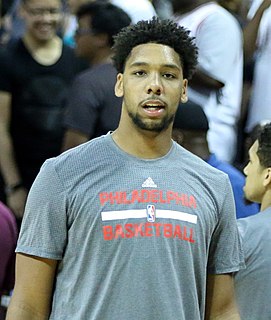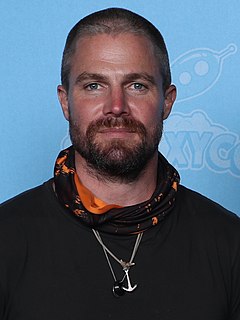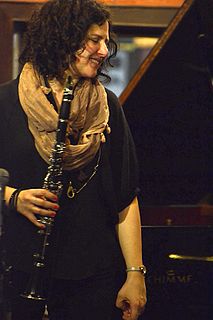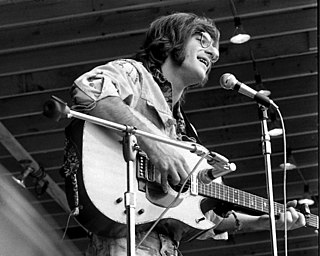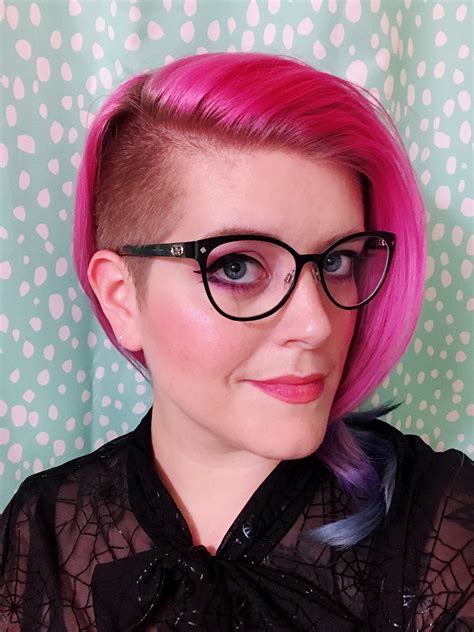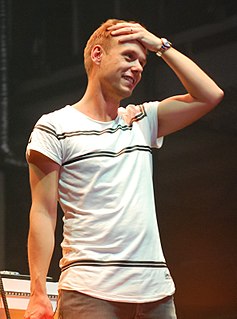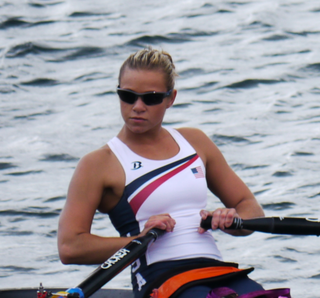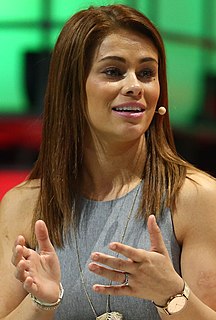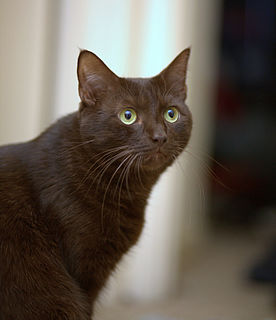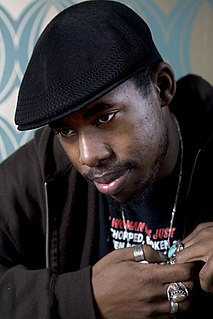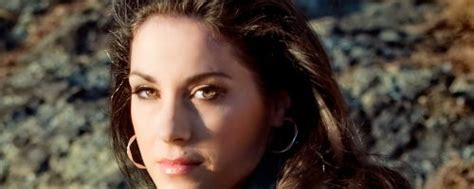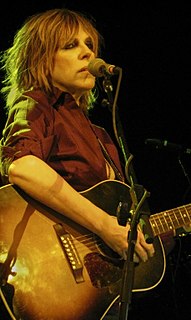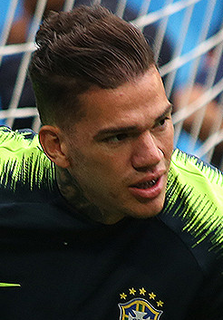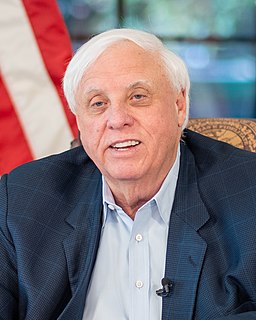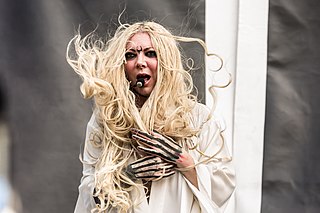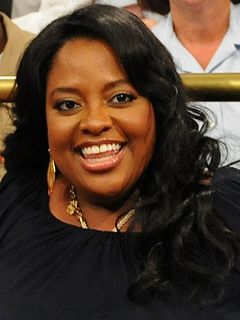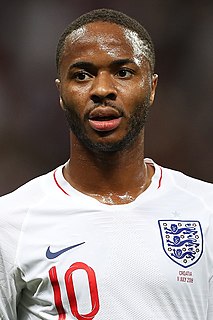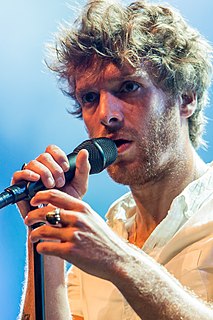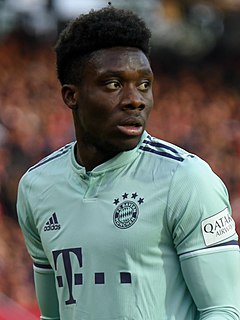Top 1200 Started Quotes & Sayings - Page 15
Explore popular Started quotes.
Last updated on April 21, 2025.
My love for cooking began when I was young. Because my parents were in the army, they were both really busy. A lot of times I'd have to cook for the family; I'd rotate with my siblings. It started out as a chore, but as I got older, my mom started to see that I was really good at it. I became her sous chef.
'Southern Accents,' I think that's one of my best, really. That would have been 1984, and I wrote that on the piano in the studio at home. I had a studio, and I just happened to be down there in the middle of the night. It was quite late, probably early morning, and I just started to play, and a song just started to appear.
The story started over a decade ago when I ran Hermitage Capital Management, the largest investment firm in Russia. I was very successful, but when I started to complain publicly about corruption at the companies in which my fund invested, President Vladimir Putin had me expelled from the country and declared a threat to national security.
A lot of things appearing under my byline were written in one draft. But when I started to write poetry, I started getting fussy about every syllable. I wouldn't allow the work to be seen unless it felt perfect. Not clunky at all, no clunky syllables. So, really, for the printed page, it had to have a feeling of rhythmic and syntactic verisimilitude or something.
I started doing documentaries in the first place because of the war. I always wanted to do feature films, and I studied directing when the war started, so I was working with actors before, in film and in theater. So I think it's easy to work with actors when you have a script that is clear, when they know what and why they are doing it.
In the early '90s, I was disillusioned after the blasts and riots in Mumbai. I was in college and started thinking that religion was the root cause of all these evils. While my father told me not to blame religion because of a few bad people, I wasn't convinced. The faith was restored after I started writing my first book.
The problem started before World War I. The gold standard was working fairly well. But it broke down because of the war and what happened in the 1920s. And then the U.S. started to become so dominant in the world, with the dollar becoming the central currency after the 1930s, the whole world economy shifted.
That first company I started made a lot of money for the venture capitalists - nearly $30 million - but next to nothing for the founders. The companies I started after that varied between failures and mediocre successes. But at no point did I ever consider getting a 'real job.' That felt like a black and white world, and I wanted Technicolor.
It's true that when I started out, I was more a fan of attacking players and one in particular: the Brazilian Ronaldo, Ronaldo Luis Nazario de Lima. Another of my idols was Claudio Caniggia, an Argentinian forward with long hair, who I liked a lot. It's because of him that I started to grow my hair long!
I started doing comedy just as myself, because I thought, "This is what's expected, you're meant to tell stories and do observations." And then I started to realize that I wanted to mix it up a bit, so I started to doing songs, and I had a little keyboard onstage and would bring in little props. Then I thought about the idea of talking about a character and becoming the character onstage. So, it sort of morphed into being stand-up that was more character based, and I found that's the stuff I got the better reaction from and was more exciting for me.
In eighth grade, I pretty much didn't want to pass. I was 6'8'.' I was always bigger and stronger. I was getting triple-teamed, and the results weren't good. I wasn't helping my team. I was forcing shots. Then I started passing it out to my team, and they started hitting shots and slashing, and that's when things opened up for me.
I definitely went through a period where I don't want to say I hated myself, but I hated what I saw in the mirror. I would try to cover it up, and it wasn't until I started doing sports - until after London 2012 - that I kind of started getting more of that confidence in my body and appreciating my body.
When I started training to fight, it was more out of boredom than anything. I was looking for more things to do. I started with boxing, and my coaches told me I had a lot of potential and that I should consider making it a career. I was like, 'Whatever.' I was just 15 at the time, and I never imagined something like that.
When I moved to London, I was working on music - producing, writing - and that's where I discovered DJing. I started partying every night because I just needed to dance and enjoy music and forget about things, and that's when I started to notice DJing is the best job in the world. I honestly believed I could do it very well.
Before I started Brainfeeder, there were rumblings in our own circle about creating a label for us all. Then I started to see all these other ones from Europe try to capitalise on the scene. It didn't make sense to me that there were all these people who were trying to build on something that was in our backyard.
Maybe that's why he had started to fear suffocation. It wasn't so much drowning in the earth or sea but the feeling that he was sinking into too many expectations, literally getting in over his head. Wow...when he started having thoughts like that, he knew he'd been spending too much time with Annabeth.
I kept shooting but started making drafts of the work, essentially spending a few days a month sequencing and editing, hanging things up on the board, showing them to trusted confidantes from in and outside the photo world. It started to take its shape naturally over time until I kind of ran out of ideas.
My dad was a great athlete. He started golf at a late age. He started me off real young and all of a sudden both of us got to where we were pretty good players. I was this 12-year-old thinking he was going to be the next Tiger Woods and all of a sudden, before you know it, I'm playing in the State Amateur.
For the first time in my life, in my mid-20s, I started to question things. Had I been deceived? I thought I had been destined for something great - to be Whitney Houston or Jennifer Holliday or Phylicia Rashad. I started to realize that a lot of people think that, and it doesn't happen for almost everyone.
My grandmother taught me that accomplishments meant less than what you left behind. I started to ask myself what impact my comedy would have on people's lives. And that changed my act. I got cleaner. I stopped talking about generic stuff like airplane peanuts and started speaking the truth about my gift.
